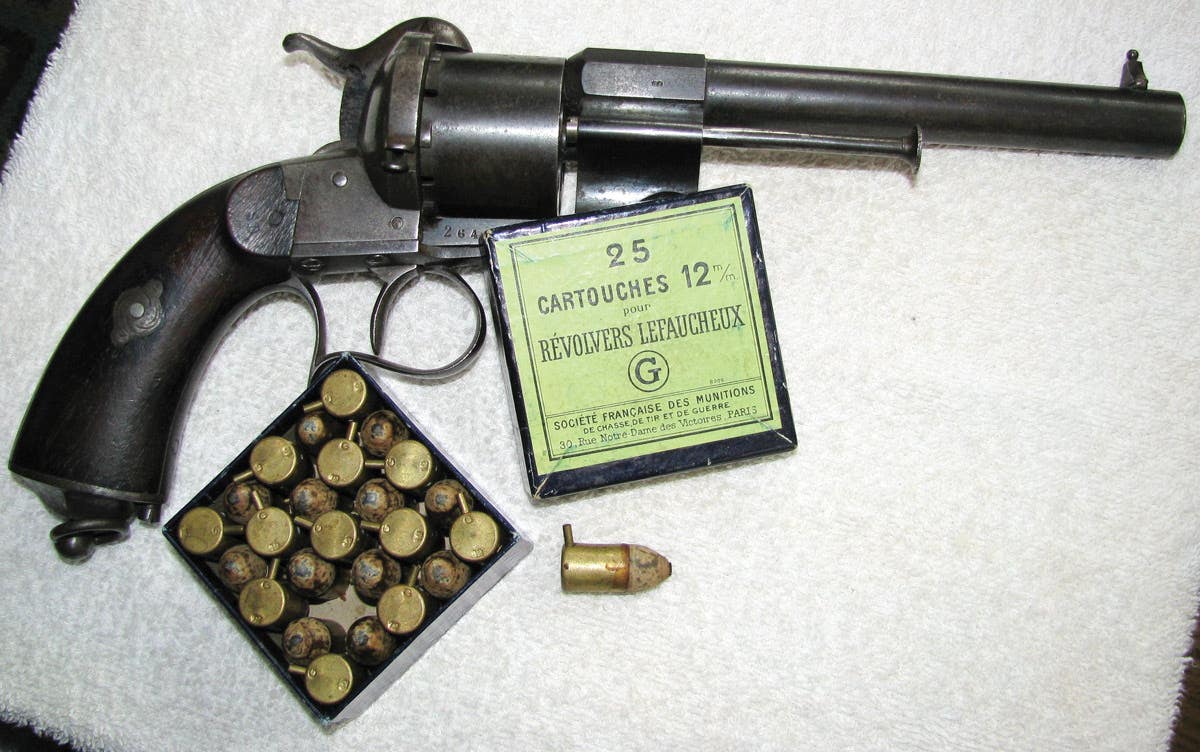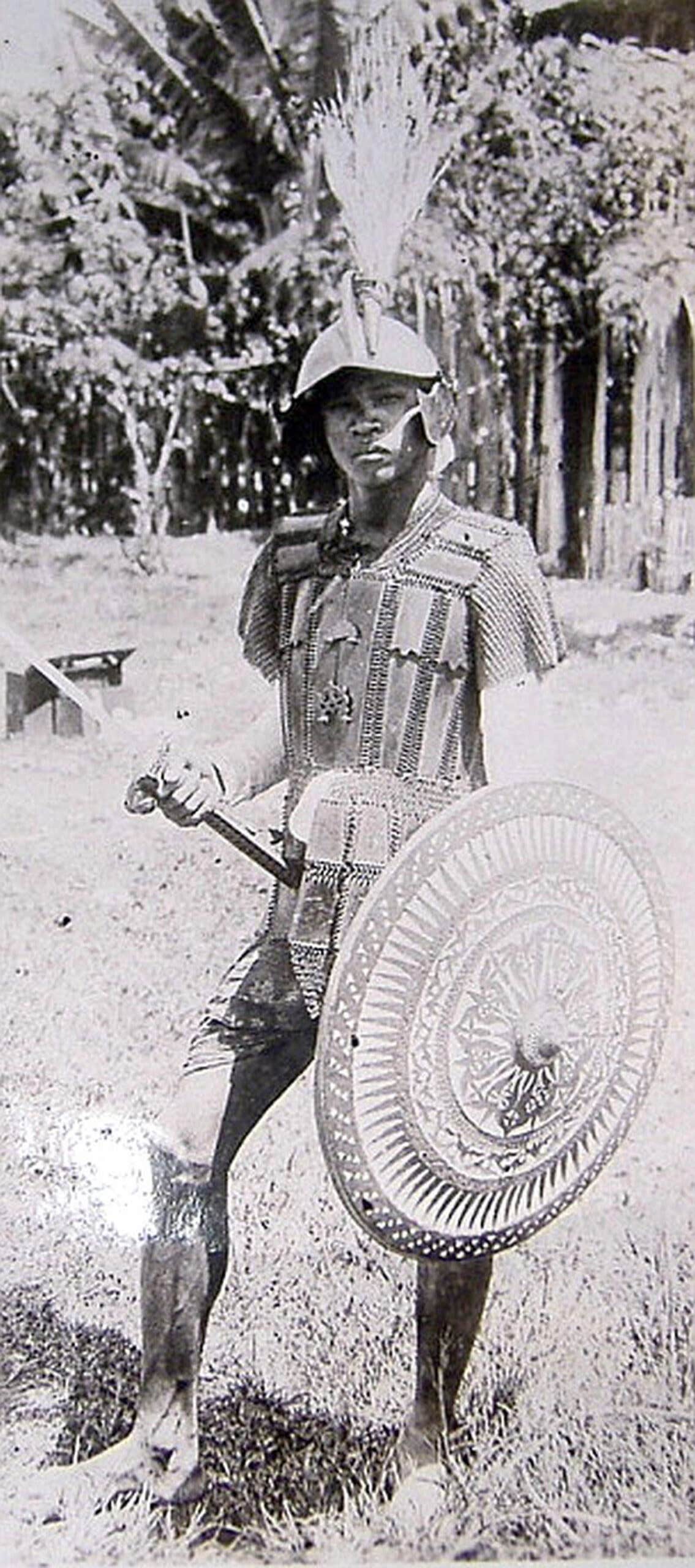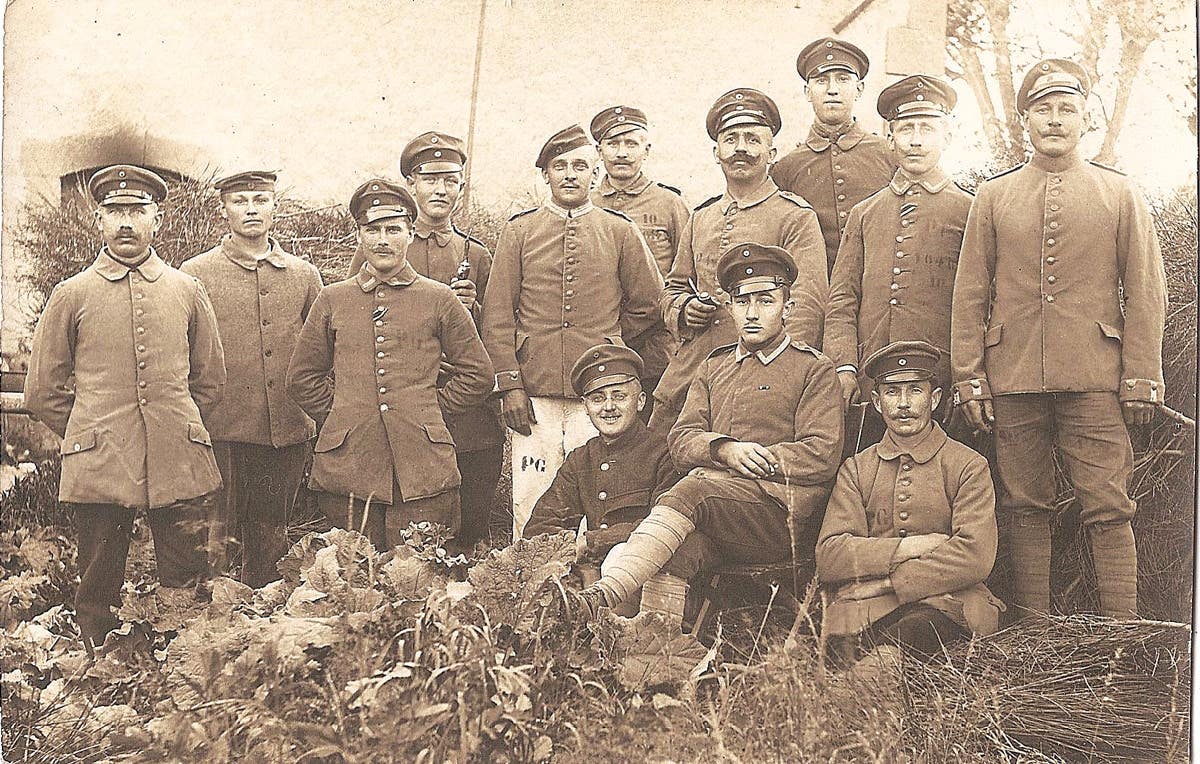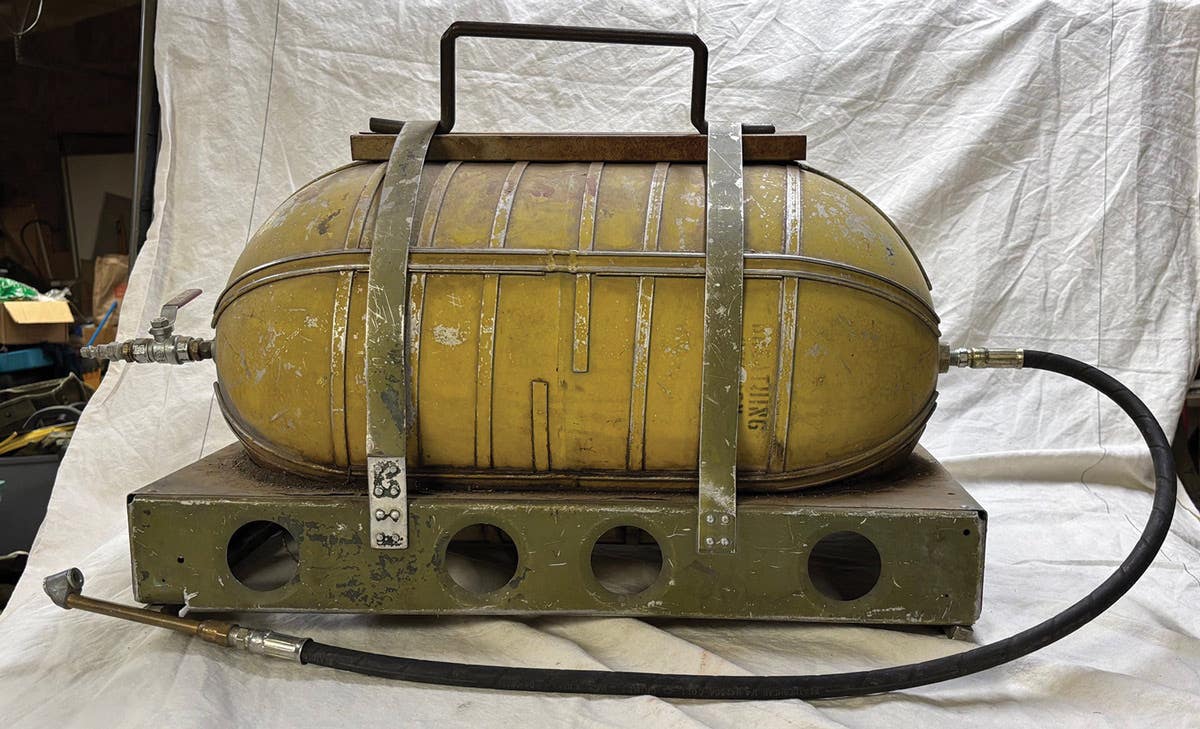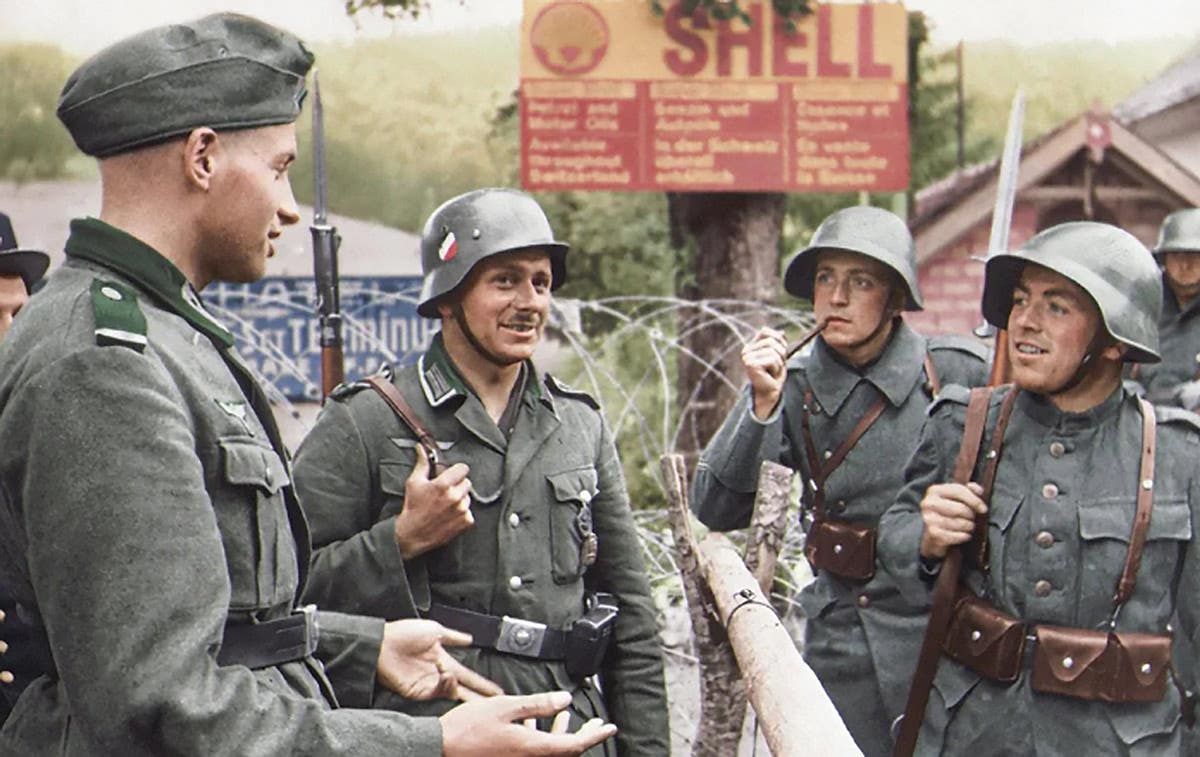Cat Receives Bravery Medal
During the Yangtze Incident in 1949, a cat named Simon onboard the HMS Amethyst suffered injuries from a cannon shell, raised the sailor’s morale and killed off a rat infestation during the 101-day siege. This past November, Simon was awarded the Dickin Medal for bravery and was given the rank of Able Seaman.
During the Yangtze Incident in 1949, a cat named Simon onboard the HMS Amethystsuffered injuries from a cannon shell, raised the sailor's morale and killed off a rat infestation during the 101-day siege. Simon received a hero's welcome when the ship returned to dock in Plymouth on November 1, 1949. He succumbed to his wounds three weeks later. His mates buried Simon with full military honors at the PDSA Animal Cemetery in Ilford, Essex.
Able Seaman Simon the Cat, HMS Amethyst, 1948-1949 The ship's commander, Stuart Hett, was appointed to sort through hundreds of pieces of fan mail that arrived after news of Simon's service spread. He reported, "Simon's company and expertise as a rat-catcher were invaluable during the months we were held captive. During a terrifying time, he helped boost the morale of many young sailors, some of whom had seen their friends killed."
A DICKINS OF A KITTY
This past November, Simon was awarded the Dickin Medal for bravery and was given the rank of Able Seaman. The Dickin Medal, instituted in 1943 by Maria Dickin CBE, the founder of the veterinary charity, People's Dispensary for Sick Animals (PDSA), to honor acts of outstanding animal bravery. The medal, dubbed "the animals' Victoria Cross"-- Britain's highest award for human bravery--has been granted to 62 animals.
Simon the cat was buried with full military honours.
Simon was found wandering the dockyards of Hong Kong in March 1948 by 17 year-old Ordinary Seaman George Hickinbottom, a member of the crew of the British frigate HMS Amethyst stationed in the city in the late 1940s. At this stage, it is thought Simon was approximately a year old, and was very undernourished and unwell. Hickinbottom smuggled the cat aboard ship, and Simon soon ingratiated himself with the crew and officers, particularly as he was adept at catching and killing the rats, which infested the lower decks. Simon rapidly gained a reputation for cheekiness, leaving presents of dead rats in sailors' beds and sleeping in the captain's cap.
The crew viewed Simon as a lucky mascot, and when the ship's commander changed later in 1948, the outgoing Ian Griffiths left the cat for his successor Bernard Skinner, who took an immediate liking to the friendly cat. However, Skinner's first misson in command of the Amethyst was to travel up the Yangtze River to Nanking to replace the duty ship there, HMS Consort. Halfway up the river the ship became embroiled in the "Yangtze incident", when Chinese communist gun batteries opened fire on the frigate. One of the first rounds tore through the Captain's cabin, killing Skinner and seriously wounding Simon.
The badly wounded cat crawled on deck, and was rushed to the medical bay, where the ship's surviving medical staff cleaned his burns and removed four pieces of shrapnel from Simon, who was not expected to last the night. He did manage to survive however and returned to his former duties in spite of the dislike he faced from the new captain. Whilst beached in the river the ship had become overrun with rats, and Simon took on the task of removing them with vigor, as well as being used in the sick bay to raise the morale of wounded teenage sailors.
Following the ship's escape from the river, Simon became an instant celebrity, lauded in British and World news and presented with the "Animal VC", the Dickin Medal as well as a Blue Cross medal, and Amethyst campaign medal and the fanciful rank of "Able Seacat". Thousands of letters were written to him, so much that one of Amethyst officers was detailed solely to answer Simon's post. At every port Amethyst stopped at on its route home, Simon was presented with honour, and a special welcome was made for him at Plymouth in November when the ship returned. Simon was however, like all animals entering the UK, subject to quarantine regulations and spent his time in an animal center in Surrey.
The Royal Navy said Simon boosted the morale of sailors.
While at the animal center, Simon contracted a virus and, despite the attentions of medical staff and thousands of well-wishers, passed away on November 28, 1949 from a complication of the viral infection caused by his war wounds. Hundreds, including the entire crew of HMS Amethyst, attended his funeral in Ilford in East London. His gravestone reads:
IN MEMORY OF "SIMON"
SERVED IN
H.M.S. AMETHYST
MAY 1948 -- SEPTEMBER 1949
AWARDED DICKIN MEDAL
AUGUST 1949
DIED 28TH NOVEMBER 1949.
THROUGHOUT THE YANGTZE INCIDENT
HIS BEHAVIOUR WAS OF THE HIGHEST ORDER
DICKIN MEDAL
The Dickin Medal, instituted in 1943 by Maria Dickin CBE, the founder of the veterinary charity, People's Dispensary for Sick Animals (PDSA), to honor acts of outstanding animal bravery. The medal, dubbed "the animals' Victoria Cross"-- Britain's highest award for human bravery--has been granted to 62 animals.
The Dickin Medal, a large bronze medallion, bears the words "For Gallantry" and "We Also Serve" all within a laurel wreath. The ribbon is striped green, dark brown and pale blue representing water, earth and air to symbolize the naval, military, civil defense and air forces.
Simon is the only cat among the list of animals to be awarded the Dickin Medal. Other recipients include messenger pigeons, horses, glow worms (whose light was used by soldiers to read maps during the trench warfare of WWI), elephants, a monkey and dogs. The medals are not just awarded in British Commonwealth nations. Three dogs received medals at New York's "Ground Zero" on March 5 2002, for their role in victim recovery in the aftermath of terrorist attacks.
Several PDSA Dickin Medals have been sold at auction in recent years. The auction of Simon's medal caused quite a stir in 1993 when it went hammered at auction for ?23,000. PDSA director general Marilyn Rydstrom said: "The power of animals to support and sustain morale in times of conflict can never be underestimated."



